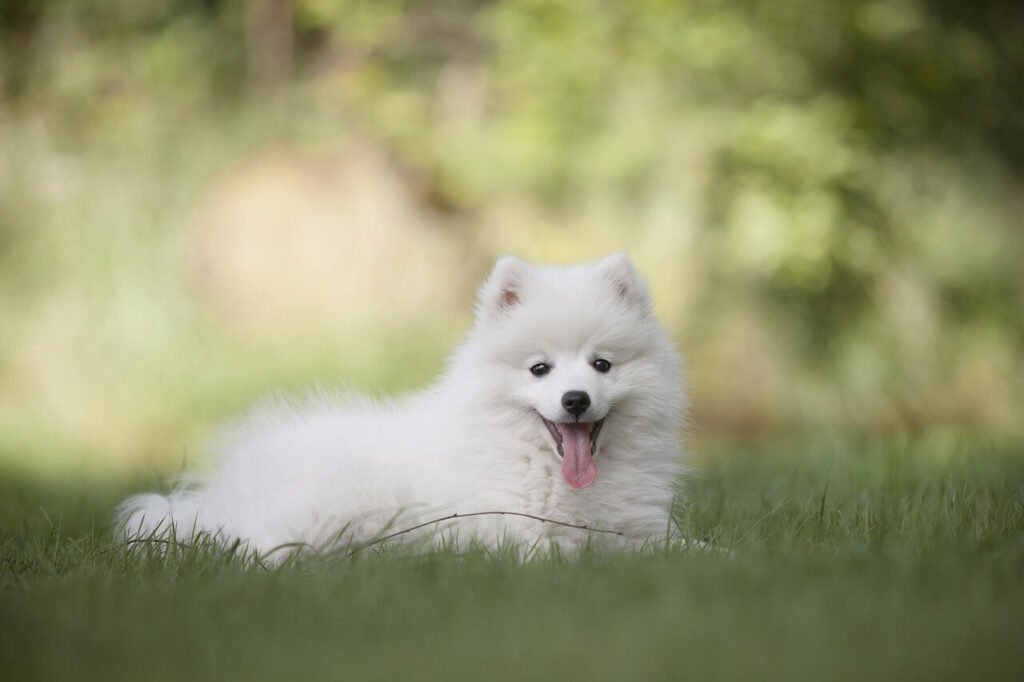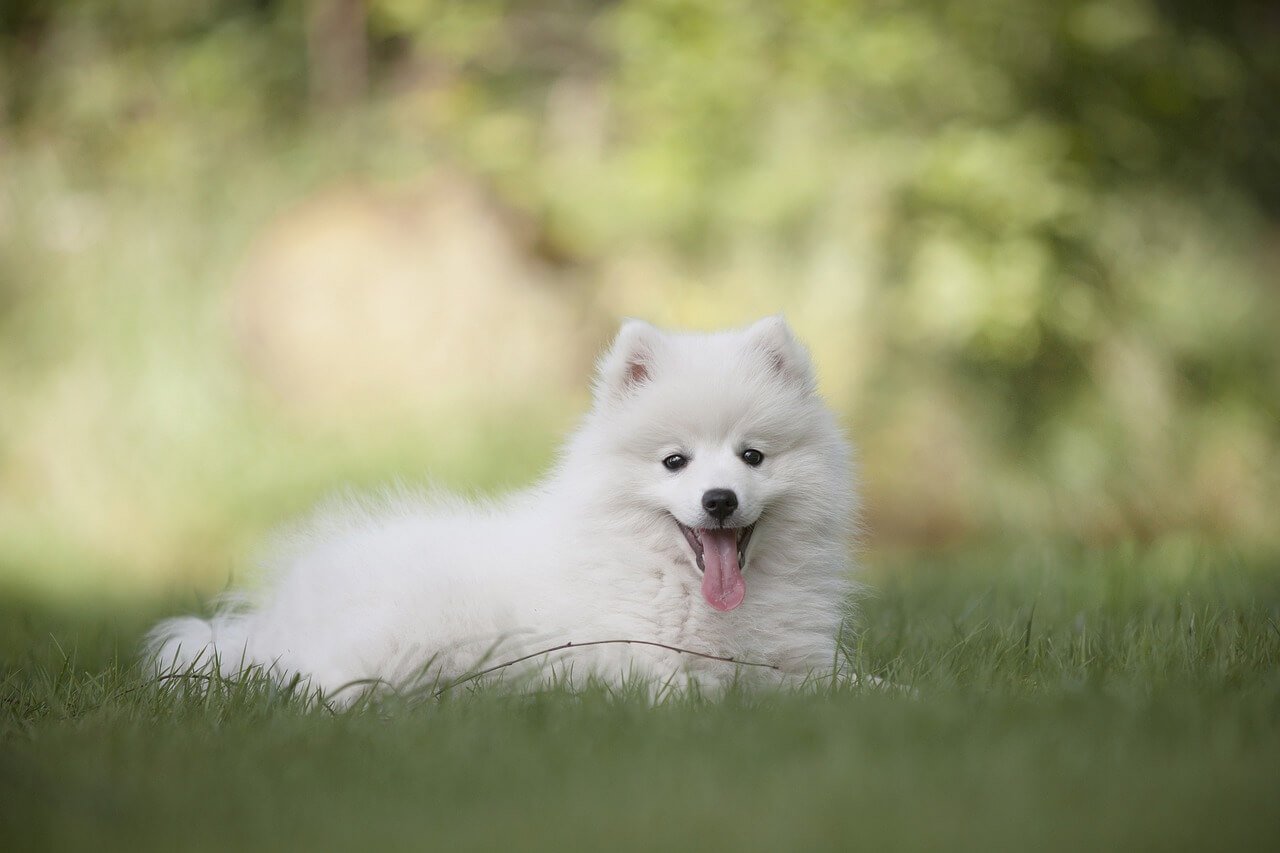Why Does My Dog Eat Rocks?
Dogs are curious creatures by nature, and their quirky behaviors often leave us scratching our heads. One such puzzling habit is when they munch on rocks. While it might seem amusing at first, this behavior can actually signal underlying issues that need attention. Whether you’re a new pet parent or an experienced dog owner, understanding why your furry friend engages in this odd habit is crucial for their health and well-being. Let’s dive into the reasons behind this behavior and explore what you can do about it.
Common Reasons Dogs Eat Rocks
Understanding why dogs eat rocks begins with recognizing common triggers. Here’s a breakdown of potential causes:
Nutritional Deficiencies
A lack of essential minerals or vitamins in their diet could drive them to seek nutrients elsewhere—even from non-food items like rocks.Boredom or Lack of Stimulation
Dogs thrive on mental and physical activity. Without adequate stimulation, they may turn to unusual habits as a way to entertain themselves.Pica Condition
Pica is a disorder where animals compulsively consume non-food items. If your dog frequently eats rocks, dirt, or other inappropriate objects, this could be a factor.Teething in Puppies
Young pups often chew on hard objects to relieve discomfort during teething. Rocks might seem appealing because of their texture and size.Attention-Seeking Behavior
Sometimes, dogs learn that eating rocks gets them noticed, even if it’s negative attention. This reinforces the behavior over time.
In conclusion, while there are several possible explanations for rock-eating, identifying the root cause is key to addressing the issue effectively.
Health Risks Associated with Eating Rocks
Eating rocks isn’t just strange—it can also pose serious risks to your dog’s health. Here’s what you should know:
Dental Damage
Chewing on hard rocks can crack teeth or damage gums, leading to painful dental problems.Gastrointestinal Blockages
Swallowed rocks can get stuck in the digestive tract, causing blockages that require surgical intervention.Internal Injuries
Sharp edges on rocks can cause cuts or tears in the stomach lining or intestines, which may lead to infections.Toxicity Concerns
Some rocks contain harmful substances or coatings that could poison your dog if ingested.Choking Hazards
Small rocks can easily become lodged in the throat, leading to choking emergencies.
It’s clear that allowing this behavior to continue unchecked puts your dog at significant risk. Taking steps to prevent it is vital for their safety.
Check this guide 👉Why Does My Dog Eat My Underwear? Best 7 Expert Tips!
Check this guide 👉Why Does My Dog Yawn When I Pet Him? Best 7 Behavior Tips!
Check this guide 👉Why Is My Dog Not Eating but Still Drinking Water? Best 7 Tips!

Preventive Measures | Benefits |
|---|---|
Provide Chew Toys | Keeps dogs occupied and satisfies chewing urges |
Ensure Balanced Nutrition | Reduces cravings for non-food items |
Supervise Outdoor Time | Prevents access to hazardous objects |
Engage in Regular Exercise | Decreases boredom-related behaviors |
Train Basic Commands | Helps redirect unwanted actions effectively |
How to Stop Your Dog from Eating Rocks
Addressing this behavior requires patience and consistency. Here are some strategies to help curb the habit:
Redirect Their Attention
When you notice your dog sniffing or picking up rocks, immediately offer a toy or treat to distract them.Use Positive Reinforcement
Reward your dog whenever they ignore rocks or focus on appropriate playthings instead.Limit Access to Rocks
Fence off rocky areas in your yard or supervise outdoor walks closely to minimize opportunities.Consult a Veterinarian
Rule out medical conditions like pica or nutritional deficiencies through professional evaluation.Enroll in Obedience Training
Teaching commands like “leave it” empowers you to control impulsive behaviors more effectively.
By implementing these techniques, you’ll create a safer environment for your pup while fostering better habits.
Fun Alternatives to Keep Your Dog Busy
If boredom is driving your dog to eat rocks, providing engaging alternatives can make a big difference. Consider these ideas:
Interactive Puzzle Toys
These challenge your dog’s mind and keep them entertained for hours.Tug-of-War Games
Physical games strengthen your bond and channel energy constructively.Agility Training
Setting up obstacle courses in your backyard encourages both exercise and mental stimulation.Food Dispensing Toys
Fill these toys with treats to reward your dog while keeping them busy.Daily Walks and Adventures
Exploring new environments provides sensory enrichment and tires them out productively.
Providing ample outlets for fun and exploration reduces the likelihood of destructive behaviors like rock-eating.
Signs Your Dog May Have an Underlying Issue
If your dog is eating rocks, it might be a sign of a deeper problem. Look out for these behavioral or physical signs that could indicate something more serious:
Excessive Licking or Chewing
Dogs that obsessively lick objects or chew on inappropriate items may be trying to cope with stress or anxiety.Weight Loss or Poor Appetite
A sudden change in eating habits or noticeable weight loss can point to nutritional deficiencies or health issues.Lethargy or Lack of Energy
If your dog seems unusually tired or uninterested in activities they once loved, it could signal an underlying medical condition.Frequent Vomiting or Diarrhea
Digestive upset might occur if your dog has ingested something harmful, like rocks or other non-food items.Changes in Behavior
Aggression, withdrawal, or clinginess can all indicate discomfort or emotional distress.
These signs shouldn’t be ignored, as they often provide clues about why your dog is engaging in unwanted behaviors like rock-eating. Early intervention can make a significant difference in their quality of life.
Tips for Creating a Rock-Free Environment
Preventing access to rocks is one of the most effective ways to stop this behavior. Here are some practical tips to create a safer space for your dog:
Supervise Outdoor Time Closely
Keep a watchful eye on your dog during walks or playtime to prevent them from picking up rocks.Use a Muzzle During Walks
For persistent rock-eaters, a lightweight muzzle can act as a temporary solution while training progresses.Designate Safe Play Areas
Fence off rocky sections of your yard or create a dedicated area with soft ground coverings like grass or sand.Remove Temptations Indoors
Ensure no small stones or gravel are accessible inside your home, especially near potted plants or decorative items.Teach Boundaries Early
Train your dog to stay away from specific areas where rocks are present using commands like “stay” or “leave it.”
By taking these proactive steps, you’ll minimize opportunities for your dog to indulge in this risky habit and promote a safer environment overall.
Benefits of Mental Stimulation for Dogs
Mental stimulation plays a critical role in curbing undesirable behaviors like rock-eating. Engaging your dog’s mind not only keeps them entertained but also reduces boredom-driven actions. Here’s how mental enrichment helps:
Reduces Anxiety and Stress
Activities that challenge their brain can help alleviate feelings of restlessness or unease.Improves Focus and Obedience
Regular mental exercises enhance your dog’s ability to concentrate and follow commands.Strengthens Your Bond
Interactive games and training sessions foster trust and deepen your connection with your pet.Encourages Natural Instincts
Puzzle toys or scent-based games allow dogs to use skills they would naturally employ in the wild.Promotes Overall Well-Being
A mentally stimulated dog is less likely to develop destructive habits and more likely to lead a balanced, happy life.
Incorporating mental stimulation into your dog’s routine not only addresses problem behaviors but also contributes to their long-term happiness and health.
FAQ Section
Is it normal for dogs to eat rocks?
While occasional curiosity is normal, frequent rock-eating indicates an underlying issue that needs addressing.
Can eating rocks harm my dog?
Yes, it can lead to dental damage, gastrointestinal blockages, internal injuries, toxicity, or choking hazards.
Should I punish my dog for eating rocks?
No, punishment can increase anxiety and worsen the behavior. Instead, use positive reinforcement to guide them.
What if my dog keeps eating rocks despite prevention efforts?
Consult a veterinarian or animal behaviorist to identify any medical or psychological factors contributing to the habit.
Are certain breeds more prone to eating rocks?
Any breed can develop this habit, but highly energetic or intelligent breeds may be more susceptible due to boredom or curiosity.
Final Thoughts: Keeping Your Dog Safe and Happy
Understanding why your dog eats rocks is the first step toward resolving the issue. From addressing nutritional gaps to ensuring proper stimulation, every effort counts in promoting their overall well-being. Remember, prevention is always better than cure—so stay vigilant and proactive in protecting your furry companion. With patience, care, and the right strategies, you can steer your dog away from this risky habit and enjoy many happy years together.
How Cats Develop Lymphoma: Best 7 Expert Tips! – Learn about causes, symptoms, and prevention to protect your cat from this common cancer.
How Dogs Develop Lymphoma: Best 7 Expert Tips! – Learn causes, symptoms, and prevention strategies to protect your dog from this common cancer.
Diphenhydramine Safe for Dogs? Best 7 Expert Tips! – Learn proper dosing, uses, and precautions to keep your dog safe while using Benadryl.
Is Milk in Cat Food Safe? Best 7 Expert Tips! – Discover the truth about milk in cat food, its risks, and how to keep your feline healthy and happy.





